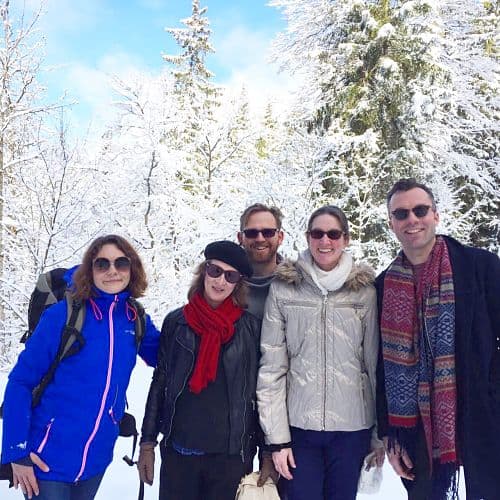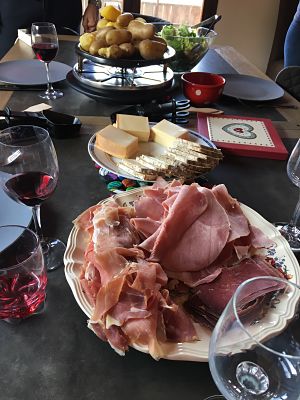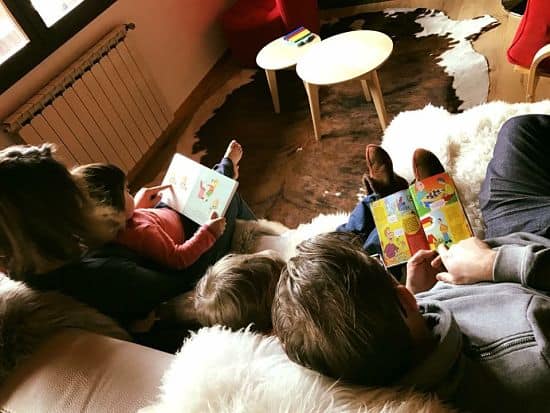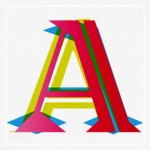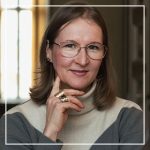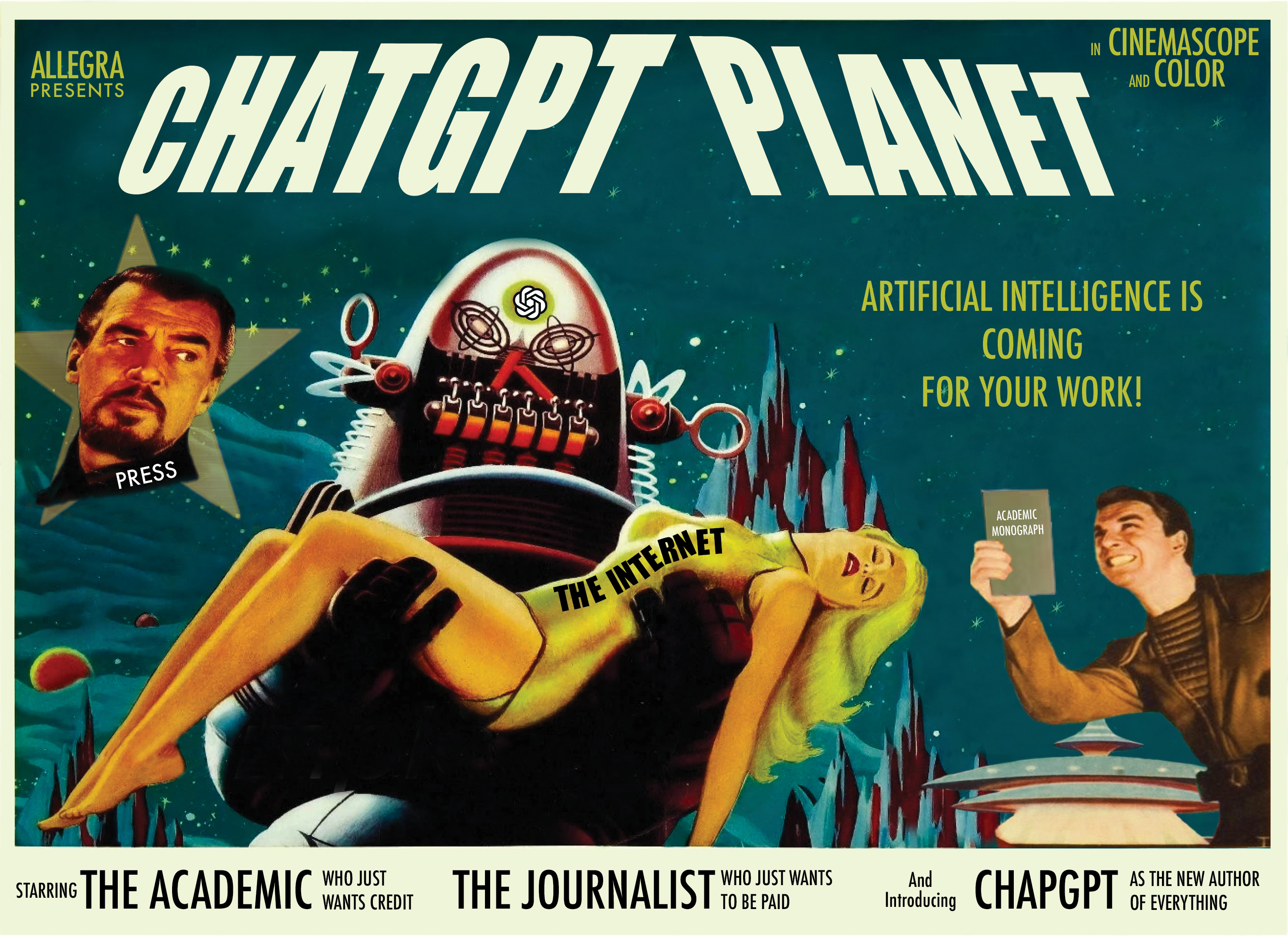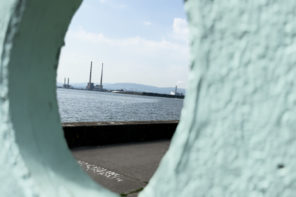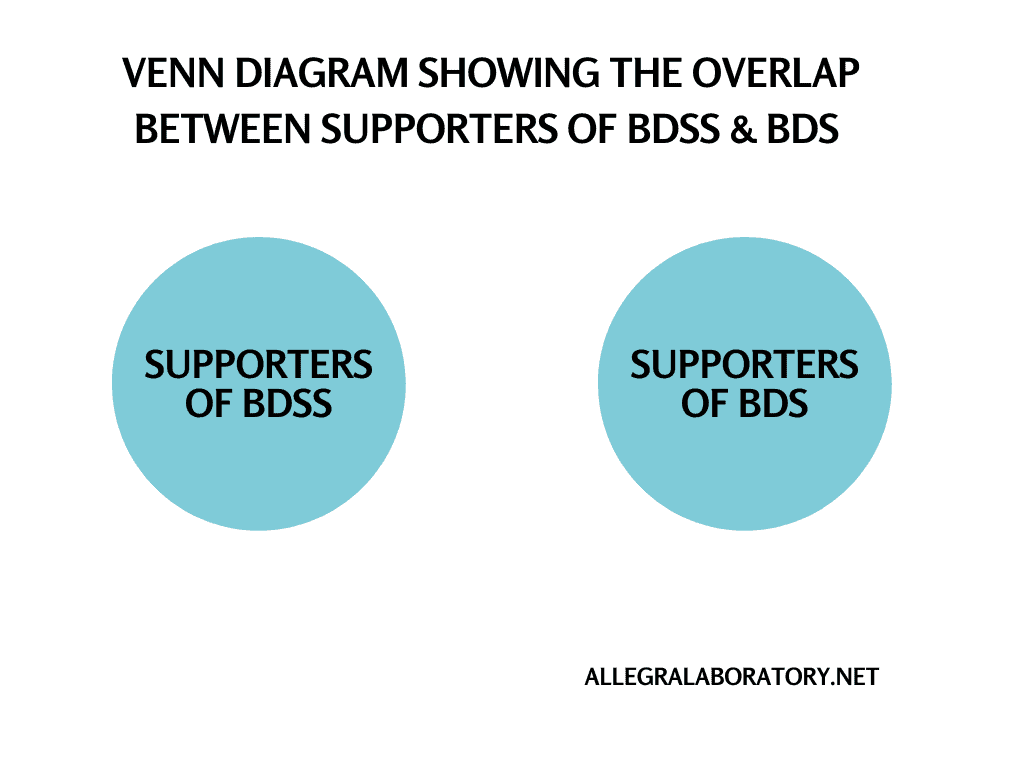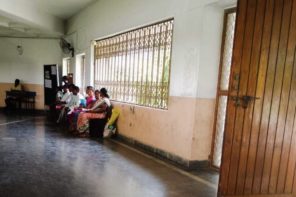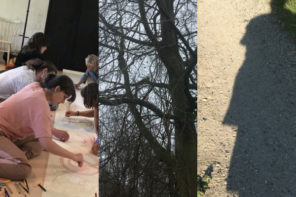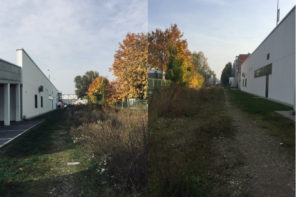Two weeks ago a group of Allies got together in the French Alps in order to enjoy walks in the beautiful mountainous scenery, cozy up in front of the fire and savor ample melted cheese. And of course, to talk of our shared intellectual labor of love, aka Allegra!
This reunion was long overdue as the last time we saw one another was at the EASA 2016 in Milan, the scholarly hotspot that was featured prominently on Allegra’s events’ calendar since the beginning. One cannot exaggerate the importance of meeting up: no matter how easy it has become to work via diverse localities with the help of online tools (our current portfolio includes – in addition to the evident WordPress – Trello, Wiggio, Google Drive, Dropbox, WhatsApp & Skype), nothing still beats getting together in person.
It is all too easy to end up in miscommunications without such personal contact, no matter how strong the underlying passion is for the work at hand!
There were also issues of real importance to discuss: it has now been 3.5 years since Allegra was started, and a lot has changed. We are all older, with a greater array of responsibilities – and let’s face it, the initial passion that steered ‘the Allegra ride’ has been tamed too or at least transformed into a steady work pace and routine.
Much of this development is both self-evident and desirable for it means that as an operation we have become more professional. There’s simply no denying that when we got started we had virtually no idea what we were doing – no understanding of what running an online context of this magnitude really entailed, nor what kind of technical know-how was necessary to accompany it.
Perhaps this was a good thing too, for there is a chance that otherwise we might have gotten cold feet… No need to elaborate – but let’s just say that it is a good thing someone is doing technical updates on the website now!
Another thing that has definitely changed since Allegra got started is the wider context around it. Back in 2013 we were – with no desire to sound arrogant – among the most extravagant, if not the most extravagant online context particularly in anthropology. This applied, so we will argue, even to the first version of the website which was realized with a very low budget and no graphic design.
Our profile was further elevated in 2015 when we launched the current version of the site – now with a visual identity by graphic designers Michel&Michel. The site did stand out. Yet today things are different, with quite a few impressive online contexts to grace our beloved discipline. The one that has ended up with the most visible profile is, of course, SAPIENS launched last year with funding by the Wenner-Gren foundation.
From the beginning the site has selected the popular audience as its target, offering to its readers well-edited articles based on anthropological research. Seeing how widely Sapiens’ posts spread today is a reassuring reminder that – despite of the difficulties that anthropology often faces in institutional settings with continued funding cuts – our discipline does awaken general interest.

AntroBlogi soon found astonishing popularity with its posts having up to 15 000 readers. The real break-through for the site occurred two weeks ago as AntroBlogi enjoyed it first – and also the entire ‘Allegra family’s’ first – real viral content: a short post published under the heading of ‘culture shock’ reached in a week over 150 000 people via Facebook.
Such a figure is enormous, considering in particular that Finnish is only spoken by some 5.5 million people. We will soon welcome Ninnu to reflect on how she understands this post’s popularity, as well as AntroBlogi’s appeal more generally. (She will no doubt celebrate the site’s enthusiastic and enormously talented editorial team).
Things are thus thriving for popular anthropology – and this does give cause for celebration. Yet, what does this mean in regards to anthropological research more generally, particularly the kind that insists on staying true to our disciplinary grounds, perhaps also articulating its message somewhat cryptically? And what are popularity and its meaning anyway? We will continue considering these themes in the weeks to come.
Let us conclude for now: we remain delighted in the scholarly respect that Allegra has managed to secure, and we still recognize a distinct ‘niche’ for us in the anthroblogosphere as the penultimate context for showcasing creative work in our discipline.
Simultaneously there is no denying that things have and will continue to change – as we also discussed in the Alps. Surrounded by the striking mountain view, we went over Allegra’s site structure, considered our categories, whether we could ‘improve’ our content and what that would mean (hint: involved are shorter post headings & subtly shorter posts). We browsed through our social media outlets, examined our ‘social media strategy’ and compared it to the feeds of others.
We concluded with a series of new ideas, both big and small. In the coming weeks and months we will share them with you, our devoted readers, with the hope that you will find inspiration in them too.
And of course, as always, remember that we are open to your ideas – in terms of content, our website design, your plans for events as well as improvements for our social media presence. Our goal is to become as visible and effective in ‘spreading anthropological gospel’ as possible, and in this mission we warmly welcome your thoughts!
For this week we want to share another series of posts from our cherished ‘Jewels of Allie’s Archive’ to celebrate the ‘thing’ that is Allegra. Tomorrow we begin with a post by your humble Directors of Things & Stuff Miia Halme-Tuomisaari and Julie Billaud, first published in 2015 when we launched the 2.0 version of the website. In the post we consider the roles that academic blogging could have in our scholarly division of labour – and also plea for resources.
On Wednesday we move to a theme that is dear to us – as also the images of this post testify: academic parenthood. From the very beginning it has been evident to us that Allegra should embody a collegial space that is welcoming to academic parents, to children, as well as scholars in differing life situations.
This should be self-evident, but as we sadly know it often is not. Like so many others, we have had first-hand experiences of academic supervisors questioning our determination or career plans upon sharing the news of welcoming children. Nobody should have to face such treatment in the academia (or outside it), and we are determined to do what we can to change this!
With these thoughts in mind we re-share the post by our dear Allie Carole MacGranahan from 2015 on academic motherhood – a post that was our most-read of the year.
The ultimate message of this post is that it is possible to be an academic a mother – and Carole also shares some concrete examples of what that has meant for her. On Thursday Allegra’s Miia Halme-Tuomisaari elaborates this theme with a new post that shares some of her own experiences. She invites readers along to one particular day when she set to commence fieldwork at the UN in Geneva, travelling alone with her sons aged 1 and 4. This post resonates also with an earlier post by Reetta Toivanen on doing Fieldwork with kids – a post arguing that in many ways children may, contrary to what one might spontaneously think, actually improve the research at hand.
In her post Miia ends up in similar sentiments, arguing that having kids has sharpened a distinct analytic sensibility. On Friday Felix Girke elaborates this theme via his post on the taboo of K’aissina and the fraught relationship of the father and the firstborn son among the Kara of Southern Ethiopia. In the post Felix shares how becoming a father made him also more reflexive toward the taboos he observed.
Felix is of course our ‘honorary Allie’ that many will remember, for example, from our EASA coverage. Interestingly, in our thematic week on academic parenthood and the anthropology of childhood first published back in 2015, he was also the only one talking of fatherhood.
This gives rise to yet another interesting question: is it still, indeed, academic motherhood that we think of when we consider combining children with our work – and if so, just why exactly?
With these thoughts and many more we invite you along once again – and hope that the relaxed vibes of the French Alps reinvigorate the creative spirits of Allies everywhere!

